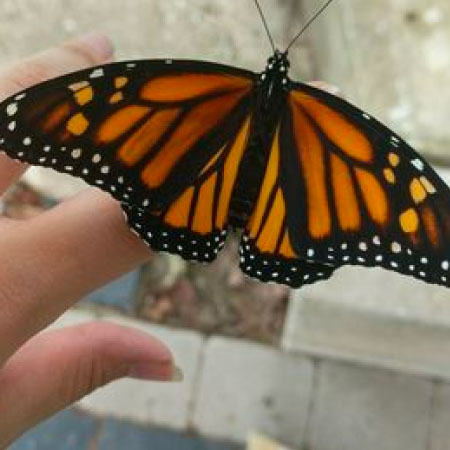Watering New Plants: What Does It Mean To Water Well When Planting


“Be sure to water it well when planting it.” I say this phrase several times a day to my garden center customers. What does it mean to water well when planting? Many plants don’t get a chance to develop the deep vigorous roots they’ll need because of insufficient watering. Continue reading to learn how to water new garden plants.
What Does it Mean to Water Well When Planting?
Before planting, it is a good idea to observe the drainage of the planting site or do a soil drainage test. Ideally, you want your planting site’s soil to drain at a rate of about 1 to 6 inches (2.5-15 cm.) per hour. If the area drains too quickly, you’ll need to amend the soil with organic materials or plant only drought tolerant plants. If the area drains too slowly, or water stays pooled up, you’ll need to amend the soil with organic materials or use plants that tolerate wet soil only. Watering depends on several key factors like:
- What kind of plant you are planting
- What type of soil you have
- Weather conditions
Drought tolerant plants, like succulents, require less water to establish and grow; overwatering these plants can lead to root and crown rot. If your soil is too sandy or is mostly clay, you will have to adjust your soil or watering habits to give the plants the water they need. If you are planting in a rainy season, you will need to water less. Likewise, if you are planting during the dry season, you will need to water more. With all these factors in mind, you will generally need to water all new plants (even drought tolerant plants) deeply every time you water. Wetting the soil 6 to 12 inches (15-31 cm.) deep encourages roots to grow deeply. Allowing the soil and roots to slightly dry out between waterings encourages the roots to reach out, seeking water on their own. Plants that are watered deeply but infrequently will have vigorous, strong roots while plants that are watered lightly often have shallow, weak roots.
Watering Tips for New Plants
It is best to water new plants right at the plant base. This can be done for a group of new plants with a soaker hose laid out, so it runs by the base of all the new plants. If you have just added one or two new plants to the garden, it's best to just water those few new plants individually with a regular hose, so that the already established plants in the garden will not receive too much water. Water a plant immediately when you plant it. Whether you’re watering a group of plants with a soaker hose or just one plant with the end of a regular hose, water with a slow, steady trickle for 15 to 20 minutes. Never blast water on the base of the plant, as this causes erosion of the soil and just wastes all the water that the plant doesn't get the chance to soak up.
- For the first week, continue to water plants with regular watering needs every day with a slow steady trickle for 15 to 20 minutes. For succulents, water the same way, only every other day. If there is more than one inch (2.5 cm.) of rainfall in your area, you do not need to water that day.
- In the second week, you can wean the plant by watering every other day with a slow steady trickle for about 15 to 20 minutes. With succulents, by the second week, you can water them only about two or three times.
- In the third week you can wean your plants even more by watering them only two to three times a week with a slow, steady trickle for 15 to 20 minutes. At this point, succulents can be weaned to one watering a week.
- After the third week, continue watering new plants two to three times a week for the rest of their first growing season. Adjust watering for the weather; if you’re getting a lot of rain, water less. If it is hot and dry, water more.
Container plants will need to be watered every day or every other day throughout the growing season, as they dry out faster. When in doubt, simply stick your fingers in the soil. If it is dry, water it; if it is wet, give it time to absorb the water in the soil. If watered properly during the first growing season, your plants should be well established the following growing season. Their roots should be deep and tough enough to seek out water on their own. You will only have to water these established plants on hot, dry days or if they are showing signs of distress.
Gardening tips, videos, info and more delivered right to your inbox!
Sign up for the Gardening Know How newsletter today and receive a free copy of our e-book "How to Grow Delicious Tomatoes".